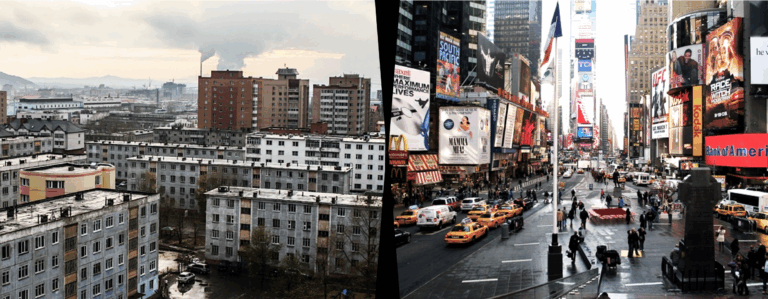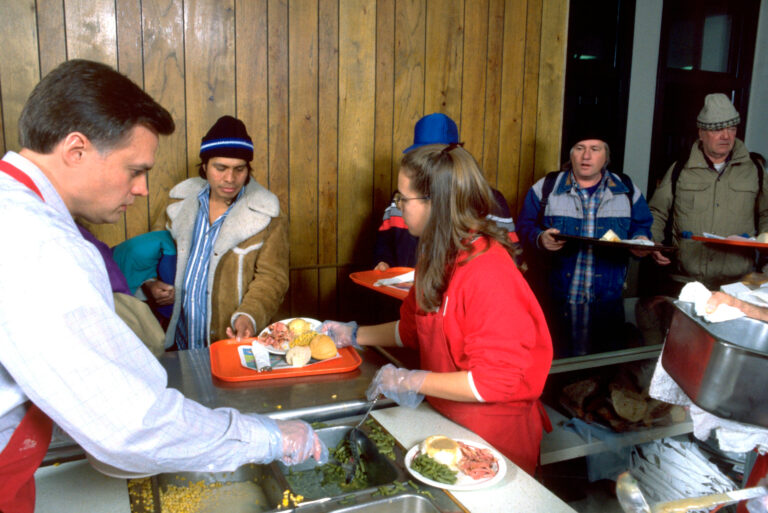When a giant of thought and letters passes, as Rafe Mair did this month, tradition dictates we frame it as a font of wisdom suddenly run dry – “an important voice has been silenced,” that sort of thing. In Mair’s case, this is difficult. He was still writing in the weeks before his death, but his columns had lost much of their influence, popularity, and frankly coherence — a reflection, in large part, of his curious late-life transformation from centre-right populist to environmental extremist. Once published in some of British Columbia’s best journals, his final columns were found on flaky websites pandering to the west coast fringe.
Yet a case can be made that even Mair’s final ideological identity, however much it alienated former fans, was nevertheless entirely consistent with the career of a man who always defined himself primarily as a contrarian, someone who would speak his truth regardless of demand. The title of one of his finest books, Canada: Is Anybody Listening? says it all.
I wasn’t even born when Rafe Mair made his mid-life career change from politician to pundit. Like most British Columbians, I knew him primarily through his tremendous, decades-long radio show, which I listened to obsessively as a young university student on a small pocket radio I took with me everywhere. On this forum, his accomplishments as one of the leading lights of Premier Bill Bennett’s Social Credit administration were but bemused anecdotes from a short political career he always framed as a proud, but curious detour from his true calling: opinion journalism.
Though talk radio is rarely synonymous with deep thinking, during the 1980s, 90s and early 2000s Rafe Mair served as a powerful intellectual force who helped articulate compelling theories of western Canada’s unique interests and identity – arguments that helped inspire activists within the Reform Party and beyond. At a time when western alienation was (and indeed, still is) lazily caricatured as an Alberta thing, Mair insisted the forces aligned against the prairies were no less indifferent to B.C.
Informed in great part by his dealings with Pierre Trudeau’s Ottawa as a constitutional plenipotentiary of the Bennett regime, Mair possessed sharp awareness that Easterners conceptualized Canada in vastly different terms than Westerners. Their narratives of Canadian history were different, he argued, which gave them a different set of accomplishments to honour, and a different sense of what the country existed to do. Among other things, this included a deeply inflated sense of Ontario and Quebec’s importance as embodiments of Canada’s “two founding nations.” It was a phrase Mair despised, as it implied a theory of federalism at odds with what the constitution actually promised: a union of ten equal provinces. His success in helping encourage British Columbians to vote down the Charlottetown Accord – an attempt to permanently enshrine eastern shibboleths into the national constitution – was perhaps the crowning achievement of his career.
Rafe’s insistence on rejecting Eastern Canada’s received wisdom gave him liberty to engage critically with a vast array of topics more conventional commentators rarely bothered to confront. He had little time for the British parliamentary system, which he saw as objectively inferior to the checks and balances of the U.S. constitution. He understood knee-jerk anti-Americanism as lazy and poisonous. He bore deep skepticism about deferring vast, new authority to aboriginal governments. At times he could even drift into a sort of existentialist apathy about the survival of Canada itself. I vividly remember a particularly bored interview he did with the bubbly author of some rah-rah book on Canadian history – by the end he was needling her with uncomfortable questions about whether her beloved country had much reason or purpose to exist.
Deepening political indifference may explain why his later years were consumed by environmental militancy, a cause that was at least slightly more tangible than getting Ottawa to concede the paradoxes and power imbalances at the heart of the Canadian state. Age, of course, took its toll as well. Rafe spoke candidly about his struggles with depression, and his commentary often had more than a whiff of nihilism. If his later writing drifted into leftist apocalyptica, it at least represented a consistency of style, if not substance.
Canada does not produce many truly independent political thinkers, men and women capable of viewing this country and its rulers with the sort of distance and detachment required for deep and creative insight. Here in British Columbia, the province as physically far from Ottawa, Toronto, and Montreal as it’s possible to be while still remaining in the same country, we did.




